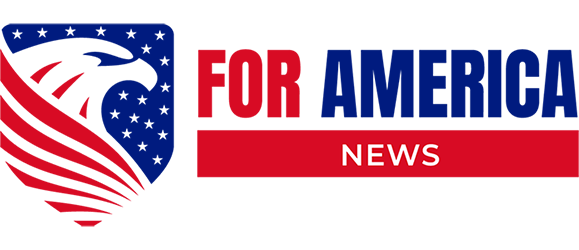
The U.S. appeals court has decided that school officials—not judges—should determine what students can wear. This means a Massachusetts middle school student can’t wear a shirt, stating, “There are only two genders.” So much for free speech, right?
On June 9, the U.S. Court of Appeals for the First Circuit backed a ban on the student’s shirt and a modified version with “only two” covered by tape and replaced with the word “censored.” The court’s unanimous panel, led by U.S. Circuit Judge David Barron, determined that educators, not federal judges, should make such decisions.
“The issue isn’t whether these t-shirts should be banned. It’s about who makes that decision—educators or federal judges. Based on the Tinker ruling and similar cases, along with this specific situation, we can’t say the Constitution leaves this sensitive judgment to us instead of the educators closest to the scene,” Judge Barron wrote.
In the landmark 1969 Tinker v. Des Moines case, the U.S. Supreme Court ruled that banning students from wearing armbands in protest of the Vietnam War violated their First Amendment rights. This precedent, however, didn’t sway U.S. District Judge Indira Talwani. In 2023, she ruled in favor of the John T. Nichols Middle School administrators and the Middleborough School District, who blocked Liam Morrison from wearing his “two genders” shirt.
Judge Talwani concluded that the shirt infringed on others’ rights. Quoting Tinker, she noted, “Schools can prohibit speech that collides with others’ rights to be secure and let alone.”
According to the NMS dress code, students are prohibited from wearing clothing that “implies or depicts hate speech or imagery targeting groups based on race, ethnicity, gender, sexual orientation, gender identity, religious affiliation, or any other classification.” This policy got Liam kicked out of class after he refused to remove his shirt. When he returned with a modified shirt, the school again told him to remove it.
Liam’s lawyers argued that the shirts were a silent, passive expression of opinion, similar to the Tinker case. They claimed the school banned the shirts based on subjective complaints that students felt unsafe or targeted. They argued that Tinker prevents schools from censoring expression merely because it causes discomfort or fear.
Interestingly, a related decision by the U.S. Court of Appeals for the Third Circuit ruled that schools couldn’t ban speech about contentious issues like “racial customs” or “sexual orientation” without a specific reason to expect substantial disruption. However, the First Circuit’s panel maintained that school administrators could reasonably predict they would disrupt learning even if the shirts didn’t invade others’ rights.
Administrators contended that the shirt’s message would materially disrupt transgender and gender non-conforming students’ ability to focus. They knew some transgender students who struggled with suicidal thoughts and believed the shirt’s message would seriously impact their ability to concentrate in class. The court agreed, citing the “demeaning nature of the message.”
It’s worth noting that Judges Barron, Thompson, and Talwaniwere all appointed by President Obama and Judge Montecalvo by President Biden. This may explain their stance.
David Cortman, from the Alliance Defending Freedom, representing Liam, criticized the ruling, stating that the legal system should protect all speech, regardless of government disapproval. He hinted at further legal action, indicating they might appeal.
As of now, the school district’s lawyer has yet to respond.









